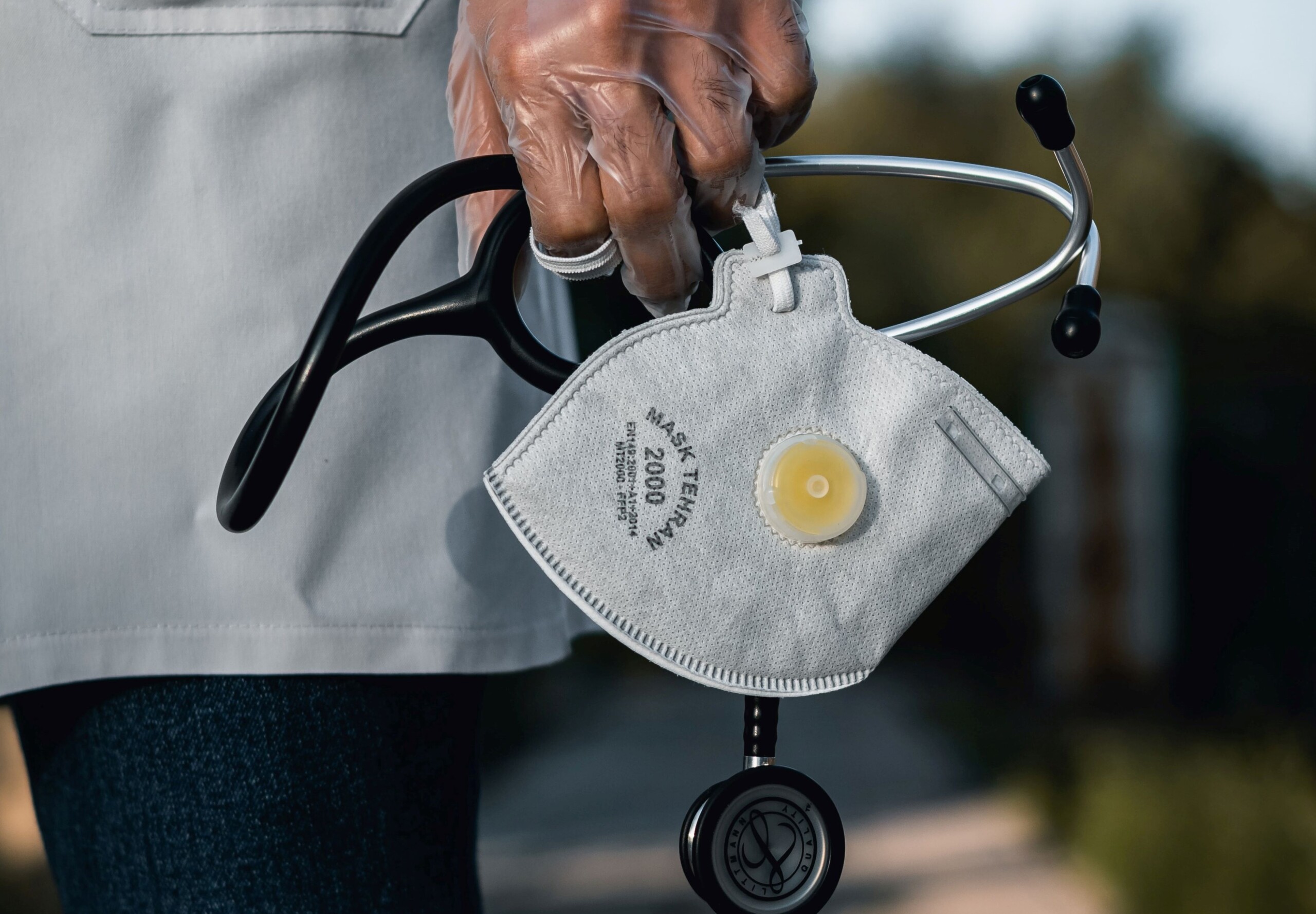The ‘fever’ was exacerbated by controversial circumstances around ventilator procurement in Sarajevo, the Covid hospital in Banja Luka, resignations within the Crisis Management Committee in the Sarajevo canton… And despite all the difficulties, new healthcare workers strikes are taking place, and in sight.

Writen by: Dr. Bakir Nakas
Back when the World Health Organisation gave the announcement, like a holiday gift ahead of the New Year 2020, about the existence of the new ‘cluster’ of viral pneumonia of unknown origin, as an epidemiologist I could sense that difficult times were ahead of us.
Despite being retired, I was ‘haunted’ by the thought of the circumstance of post-transitional Bosnia and Herzegovina, and how that would affect how we face great challenges. I wondered whether our healthcare system would manage to withstand the new illness, which soon proved to become a ruthless ‘test’ of all healthcare systems and their capabilities.
The first wave at the beginning of March was welcomed like in many other countries in the region and in the world, with preventative measures, and we were pleased with the results – a relatively low number of infected citizens, and a low mortality rate.
Unfortunately, time has shown that our joy was premature. After a relatively calm summer, the beginning of autumn was followed by a high number of new infections and deaths, which exposed all the weaknesses of a healthcare system in an institutionally and constitutionally complex state. A lack of subordination and coordination between the top of the state and local healthcare facilities, an extreme involvement of politics in organisation and general functioning, lack of expertise – all of this has led to a conclusion by both politicians and healthcare authorities that our healthcare systems are at the point of collapse. The common prediction is that they will not be able to withstand the daily increases in new infections and the citizens’ needs for healthcare.
The ‘fever’ was exacerbated by controversial circumstances around ventilator procurement in Sarajevo, the Covid hospital in Banja Luka, resignations within the Crisis Management Committee in the Sarajevo canton…
There was also a simultaneous and unjust neglect for the treatment of several chronic illnesses, which can leave devastating consequences in the near future.
At the beginning of the pandemic, and even today despite all the difficulties, new healthcare workers strikes are taking place, and in sight. They are dissatisfied with the organisation of their work, and unsigned collective contracts. The lack of cooperation between healthcare facilities and unnecessary public statements by their heads add to the general sentiment of uncertainty and fear with the citizens.
They fear, and justifiably so, that they will not receive appropriate and timely health services despite financing the public healthcare system for years.
An extremely complicated healthcare with 13 elements, from the cantonal level, to entity level, to state level, a lack of cooperation only adds to the difficulty of needing to quickly adapt to new circumstances and growing dangers of Covid.
Many will say that even wealthier countries with much better equipped healthcare systems are also under threat, so it is no wonder this is happening in our ‘post-Dayton Bosnia and Herzegovina’.
One thing is definite, however. The healthcare systems in BiH under the current organisation are not prepared to answer to the challenges and provide quality healthcare service to its patients. As a result of the current state, and aforementioned shortcomings, there is a need for a series of changes in the healthcare structure.
What is most positive, and least talked about, is the sacrifice made by healthcare workers. Those working in both public and private facilities, cleaning workers, technicians, nurses, laboratory staff, doctors, others working in healthcare teams, all work quietly and diligently and fulfil their daily tasks in treating those who suffer from Covid and many others, not any less dangerous, illnesses which threaten the health and lives of our citizens.
This relationship is evidence that the systems will after all withstand everything that comes to them, and will enable all necessary structural changes in the times to come.
Dr. Bakir Nakas, infectologist, infectious disease specialist. He spent his working life at the Infectious Disease Clinic in Sarajevo, the Military, later State Hospital ‘Sarajevo’ where he was the head until retirement. Former Assistant to the Health Minister of the BiH Federation.



Leave A Comment